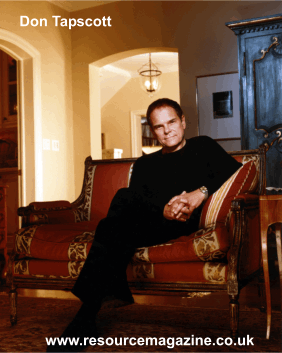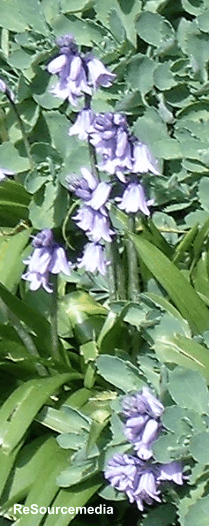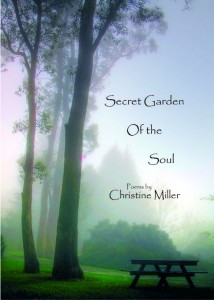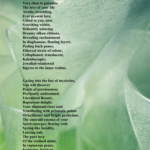- Carol Ann Duffy
- Carol Ann Duffy’s Rapture
With Scottish poet Carol Ann Duffy appointed the first female Poet Laureate, it’s a step forward for beautiful, accessible, understandable poetry that appeals to a wide audience. That doesn’t mean Duffy’s poems are not exquisite, well constructed, masterly – simply that they are identifiable as expressions of universal experiences.
Duffy wrote poems from a very early age, and attributes some of her success to the support she had from her mother who was herself a compelling storyteller, and teachers who encouraged her work to the point of typing up her early poems and posting them on the classroom wall.
One test of whether a poem ‘worked’ was if her mother could understand it – if she had to ask for explanations, Duffy knew more clarity was required; she also puts the obscurity of so much poetry down to the fact that in many cases it was important that the poet’s wife couldn’t understand what was being said!
Duffy has won many prizes for her poetry, and her most recent collection, ‘Rapture’, which charts a love affair in the life she describes as ‘complicated’ , carried off the T.S. Eliot Prize in 2005 .
I believe that her prize to our world will be to make poetry more accessible in schools, (her work is already on the GCSE syllabus) and in general. In many ways, like art and music, poetic writing is the closest we can get to expressing the essence of the soul, and it’s a therapeutic way of bringing our deepest thoughts and feelings forward into consciousness.
The power of poetic expression is undeniable, and universal, witnessed by the longevity and pervasive influence of such writing, ranging through many styles from for example Rumi, Shakespeare, Wordsworth and Eliot to Betjeman, Ted Hughes, Sylvia Plath, Adrian Henri… (I could go on…and on) and the disciplined minimalism of Haiku.
Here’s a snippet from Carol Ann Duffy’s Rapture, a poem called ‘You’.
“Falling in love
is glamorous hell; the crouched, parched heart
like a tiger ready to kill; a flame’s fierce licks under the skin.
Into my life, larger than life, beautiful, you strolled in.”
Rapture, Carol Ann Duffy, 2005, Picador
You can buy the book here















